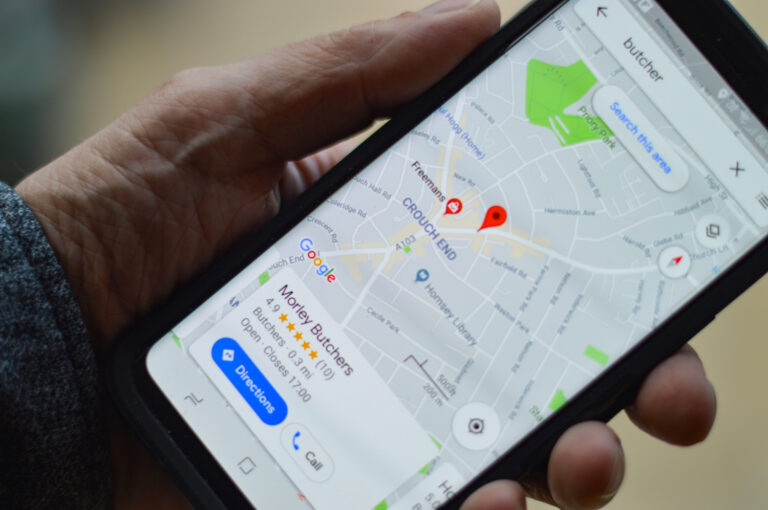Introduction:
Navigating the bustling restaurant scene in Melbourne can be challenging. In an era where everyone Googles before they eat, Google Ads can serve as a lifeline, connecting your establishment with potential patrons actively looking for dining options. This guide will walk you through the fundamental steps to launch a successful Google Ads campaign for your restaurant.
Keyword Research:
The first thing you should do is delve into keyword research. The objective is to identify terms that potential customers are likely to use when searching for dining options. Google’s Keyword Planner can provide insights into the search volume and competition level for each keyword. Consider focusing not just on broad terms like “Melbourne restaurants,” but also on more specific keywords like “best Italian restaurant in Melbourne CBD.”
Creating Ad Groups:
The structure of your Google Ads account will be a significant factor in its success. Ad Groups help you organise your ads by themes, such as cuisine types or specific promotional events. For example, one Ad Group could focus on ‘brunch specials,’ another on ‘dinner deals,’ and a third one on ‘seasonal menus.’ This makes it easier to manage your campaigns and provides cleaner data to analyse later on.
Ad Copy:
The ad copy is your restaurant’s elevator pitch; it has to be sharp and effective. Ensure it aligns with the targeted keywords and themes of your Ad Group. Think about what makes your restaurant unique—perhaps it’s a signature dish, a renowned chef, or stunning waterfront views. Be explicit about these selling points in your ad copy, and never forget to include a compelling call-to-action like “Book Now” or “View Menu.”
Geo-Targeting:
Geo-targeting capabilities allow you to focus your ad spend on people in specific geographic locations. This feature is essential for a local business like a restaurant. You can choose to target a radius around your restaurant or specify particular suburbs or regions within Melbourne, ensuring that you’re reaching potential patrons who are realistically likely to visit.
Monitoring and Adjusting:
The digital landscape is ever-changing, making regular monitoring crucial. Google Ads provides real-time data and various metrics, such as Click Through Rate (CTR) and Cost Per Click (CPC), to gauge the effectiveness of your ads. Being proactive in making data-driven adjustments to your ad copy, keyword targeting, or bidding strategies can significantly improve your ROI.
Conclusion:
Google Ads is a dynamic platform that, when used strategically, can drive consistent, qualified traffic to your Melbourne restaurant. The key lies in meticulous planning, ongoing monitoring, and agile adjustments to your campaigns.



